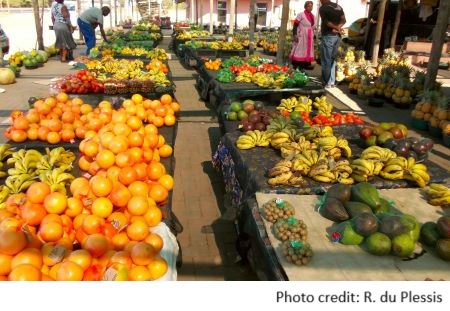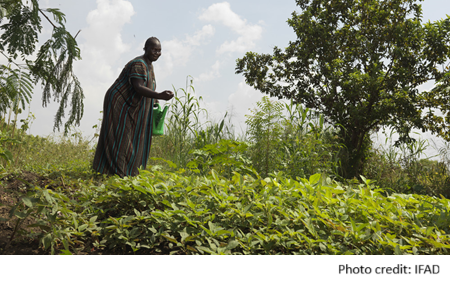
Big Pharma has not kept its commitment to invest in Research and Development, according to an article written by Paul Christopher Webster (Globe and Mail’s Report on Business, October 29th). Angela Quinlan of GRAN’s Access to Medicines Working Group has presented the following very interesting and helpful summary.
Three Canadian scientists hope to enlist the support of both government and venture capitalists to relaunch a Research facility in Montreal, one of many abandoned since 2010. According to the scientists, Canada has a history of researching and developing pharmaceutical drugs but has failed to profit from them. For example, an arm of the Public Health Agency of Canada recently developed a vaccine for Ebola virus, which it licensed to a U.S. company for $205,000, who then flipped it to Merck for $50 million (U.S.).
Most of the recently abandoned drug laboratories in Montreal were built in the 1990s after the federal government passed legislation that substantially increased drug patent protection to 20 years. In return, international Pharma companies promised to sink 10% of Canadian annual sales back into R&D in Canada. That quid pro quo was negotiated by then Prime Minister Brian Mulroney in a prelude to the 1988 U.S.-Canada Free Trade Agreement. In 2011, according to the Canadian Generic Pharmaceutical Association (CGPA), the brand-name drug makers spent as little as 1.4% of sales revenue on discovery science. Instead drug companies are spending lavishly to acquire new drugs through acquisitions rather than developing them in their own labs. In 2014, the total value of mergers and acquisitions in the life-sciences sector (of which Pharma is by far the largest component) topped $300 billion (U.S.).
Over the 10 years ending in 2012, the 11 largest global drug companies made $711 billion (U.S.) in profits; their CEOs took home a total of $1.6 billion (U.S.).
The CGPA states that the generic industry fills 67% of Canadian prescriptions, yet accounts for only 23% of the $23 billion Canadians spend on them annually, for a savings to governments of $13 billion.
Marc-André Gagnon, a professor of public policy at Carleton University who specializes in the Pharma industry, says that the industry’s argument is as empty as west Montreal’s abandoned research centres. While the industry formally committed to increasing R&D in return for stronger patent protection from the Mulroney government, Gagnon notes, it has offered no such commitment while pressing for even stronger protections within the CETA and the TPP agreements.
The TPP is one of the largest trade deals negotiated, mainly in secret. The brand-name giants pushed for extended patent protection not just for traditional drugs but also for the new class of biotech-derived drugs known as biologics.
To read the entire article go to:
https://secure.globeadvisor.com/servlet/ArticleNews/story/gam/20151030/R...


